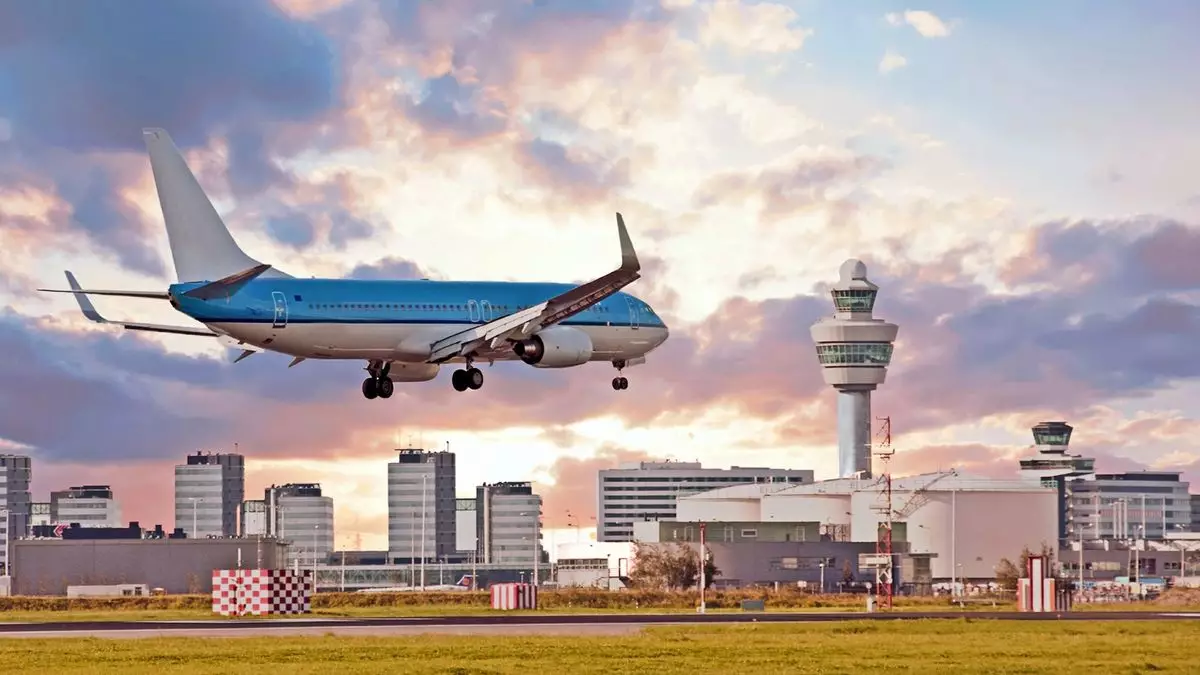The Dutch government has recently proposed new measures to reduce noise pollution and capacity at Amsterdam’s Schiphol Airport. The proposal includes limiting night flights and certain aircraft by 2025 in an effort to address concerns raised by nearby residents.
One of the key elements of the proposal is to limit the number of night flights in 2025 to 27,000 from the current 32,000. Additionally, the government plans to ban the loudest aircraft, such as the Boeing 747-400, from operating between the hours of 11 p.m. and 7 a.m. These measures are aimed at reducing noise pollution and improving the quality of life for residents living near the airport.
This is not the first time the Dutch government has tried to reduce capacity at Schiphol Airport. A previous attempt to cut capacity by 20% was met with significant international scrutiny and was eventually dropped in November. However, a local court’s ruling in March forced the government to take further action to address noise pollution at the airport, leading to the current proposal.
Netherlands flag carrier KLM has criticized the government’s latest proposal, calling it “harmful and not proportionate.” The airline argues that the proposed blanket ban on certain aircraft types by 2025 does not allow the industry enough time to find suitable alternatives. KLM also believes that there are other, less drastic measures that can be taken to achieve noise-reduction targets without significantly reducing the number of flights at the airport.
While the Dutch government’s proposal to reduce capacity at Schiphol Airport is aimed at addressing noise pollution concerns, it has been met with criticism from airlines like KLM. The debate over how best to balance noise reduction with maintaining a viable aviation industry is likely to continue as the government and airlines work towards a solution that benefits all parties involved.

